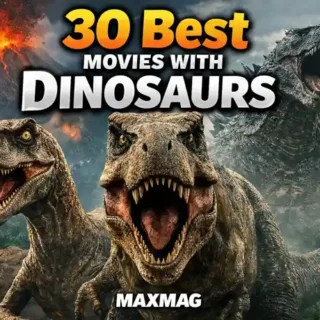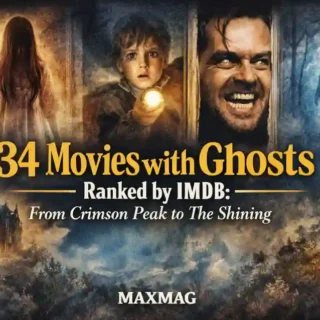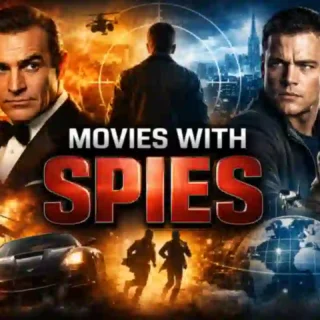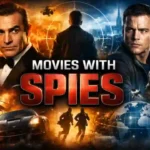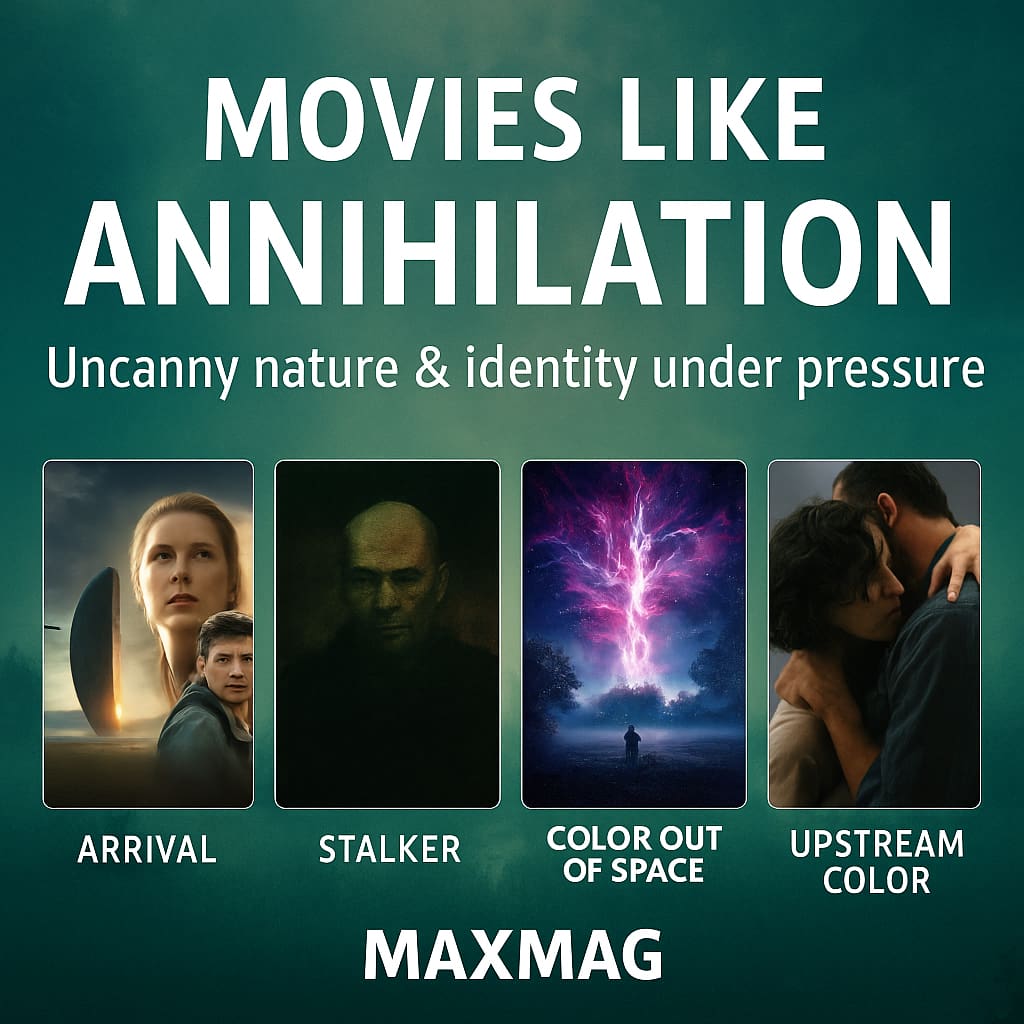
Few films braid wonder, dread, and awe like movies like Annihilation, a cerebral science‑fiction tone poem that fuses expedition suspense with body‑horror mutations and quiet character unraveling. Garland’s film is coolly intimate yet cosmically threatening, hinging on a reconnaissance story engine where a small team enters a shimmering unknown, and what they find rewrites the rules of biology, memory, and trust. The tone stays measured, the stakes feel inescapably personal, and signature moments—glass‑lensed refractions, floral deer, the lighthouse confrontation—anchor a mood of slow‑burn tension and psychological dread.
To build this guide, we isolated the exact elements that make movies like Annihilation resonate: muted but mounting unease, character‑first mystery plotting, science touching the metaphysical, and a nature‑centric uncanny that keeps answers just out of reach. Our picks mirror its narrative engine and themes while offering variety in era and geography, from Soviet metaphysical quest parables to modern indie cosmic horror—yet every selection matches tone, character dynamics, and stakes that fans of the seed will recognise.
Jump to: Top picks | Darker options | Lighthearted picks
- Tone: muted unease over spectacle, disciplined pacing.
- Narrative engine: small-team or single-protagonist investigation into an unknown phenomenon.
- Themes: identity erosion, nature’s otherness, knowledge with a cost.
- Character dynamics: strained bonds under pressure, secrets, mirrored motives.
- Stakes: intimate lives at risk with world‑scale implications.
We also enforced an era & region mix for breadth within strict similarity, spanning classics and contemporary voices across the US, UK, and Europe.
Searching beyond the shimmer: the best movies like Annihilation for thoughtful sci‑fi mood seekers
1) Arrival (2016)
Time moves like a tide in this intimate first‑contact story. A linguist decodes an alien language while mourning a private loss. The film plays in hushed keys and deliberate rhythm, prioritising reflection over bombast. Relationships strain then cohere as truths ripple backward and forward, echoing movies like Annihilation in character‑led discovery. Misty fields, glassy interiors, and hovering ships make the world feel paused between breaths. The emotional payoff aligns with acceptance rather than conquest. If you craved cerebral sci‑fi and quiet catharsis, this is aimed at you. It closes on a note that makes knowledge feel both gift and burden.
2) Ex Machina (2014)
A programmer visits a reclusive CEO’s compound to evaluate an AI. The premise narrows the stage to conversations that feel like chess matches. The tone is cool, precise, and quietly oppressive. The shifting alliances and mirrored motives map onto the fraught group dynamics that power movies like Annihilation. Glass partitions and subterranean rooms become a pressure cooker for truth. Its ending lands with clinical inevitability and moral chill. Fans of existential mystery will find the same blade‑thin tension here. It leaves you weighing empathy against survival.
3) Under the Skin (2013)
An unnamed predator cruises Scottish nights, studying and consuming what makes us human. The narrative is skeletal, inviting you to supply meaning. Its mood is glacial, the pacing entrancing and disquieting. Predation and empathy clash in a character arc that echoes movies like Annihilation’s identity dissolution. Concrete cities and midnight moors feel as hostile as any alien sphere. The payoff is haunting rather than triumphant. If uncanny nature and silence lure you, this will mesmerise. Its images cling like fog on skin.
4) Stalker (1979)
Three men journey into a restricted Zone to find a room that grants deepest wishes. The premise is a pilgrimage masquerading as a sci‑fi quest. Its rhythms are meditative, its tension philosophical. The way companions expose and refract each other mirrors movies like Annihilation’s team unraveling. Industrial ruins swallowed by nature make the world feel post‑human. The ending prizes ambiguity as the truest answer. Seekers of metaphysical quest cinema will feel at home. It lingers like a riddle spoken in a dream.
5) Solaris (1972)
A psychologist boards a space station where a living ocean makes the past corporeal. The setup bends science toward conscience. The mood is hushed and deliberate, resisting easy thrills. As relationships fray under impossible visitations, you’ll recognise movies like Annihilation’s emotional calculus. Metallic corridors and watery vistas make environment a character. The ending offers reconciliation without resolution. If allegorical science fiction is your wavelength, this resonates. It’s a hymn to love, guilt, and the unknown.
Into the unknown: darker options that echo movies like Annihilation without blinking
6) The Thing (1982)
An Antarctic outpost becomes a guessing game with survival on the line. The premise traps flawed people with a perfect predator. Its tempo alternates suspicion and eruption. Paranoia and leadership fractures mirror movies like Annihilation’s frayed expedition bonds. Bleached snows and blood‑red flares shape a world of stark contrasts. The ending is a candle held against endless dark. If you chase cosmic horror through human fault lines, this is essential. It’s as icy as it is incendiary.
7) Sunshine (2007)
A crew sails a bomb to reignite a dying sun. The idea is grand but the storytelling stays human‑scale. The atmosphere is anxious, glowing, and increasingly hallucinatory. Conflicted loyalties and quiet sacrifices align with movies like Annihilation’s character‑first stakes. Golden hulls, frost‑rimmed windows, and star‑blasted vistas define its cosmos. The emotional turn finds awe edged with terror. If slow‑burn tension suits you, this radiates. It’s as fragile as it is radiant.
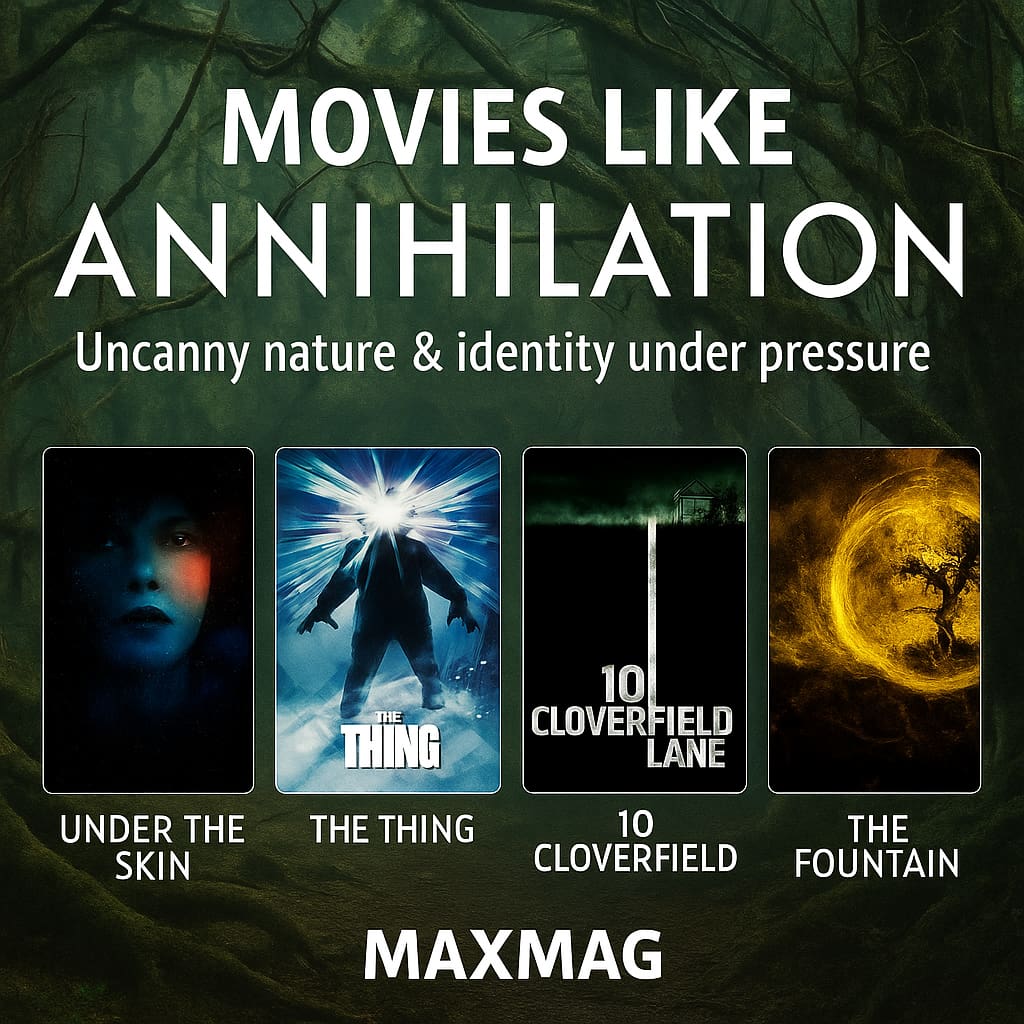
8) Color Out of Space (2019)
A meteor rewrites the rules of the countryside one color at a time. The premise starts domestic then blooms into nightmare. Its cadence is steady, then delirious. Family love warps under pressure, recalling movies like Annihilation’s intimate stakes. Purple haze over fields and wells turns nature unrecognisable. The payoff is grotesque awe. If uncanny nature unsettles you best, this hits that vein. It stains the mind like dye.
9) The Endless (2017)
Two brothers revisit a commune that once defined them. The premise is reunion as trap. The mood is low‑key, eerie, and playful with chronology. The central relationship under pressure reflects movies like Annihilation’s fragile ties. Forest clearings and off‑map skies sketch a pocket universe. The ending is tender about choosing your prison. If existential mystery intrigues you, this is a gem. It’s small, elastic, and sly.
10) 10 Cloverfield Lane (2016)
A woman wakes in a bunker with an overbearing saviour and a story about the outside. The setup is a riddle box with human rules. Its pacing is taut, the tone nervy and contained. The tug‑of‑war over control parallels movies like Annihilation’s contested leadership. Metal walls and humming ducts make a world from three rooms. The conclusion opens the box without relief. If psychological dread is your fuel, this burns clean. It’s a lesson in agency reclaimed.
11) Enemy (2013)
A professor discovers his exact double living nearby. The premise is simple; the meanings proliferate. The film moves like a nightmare you almost control. Relationships knot and tighten, akin to movies like Annihilation’s intimate pressure. Sepia skylines and spider motifs make the city feel sentient. The ending is a jolt that redefines every glance. If you relish cerebral puzzles, this will scratch deep. It’s a mirror that won’t stay still.
Calmer currents ahead: lighter‑toned entries that still rhyme with movies like Annihilation
12) Upstream Color (2013)
Two strangers are bound by a parasitic process neither fully understands. The premise is experimental but grounded in feeling. Its tone is hushed, dreamlike, and intuitive. A couple’s tentative repair mirrors movies like Annihilation’s search for self. Farms, subways, and soundscapes build an ecosystem of patterns. The emotional landing is gentle, even hopeful. If you value modern folklore textures, this resonates. It’s tender, elliptical, and luminous.
13) The Fountain (2006)
A researcher, a conquistador, and a future traveller share one soul’s obsession. The premise entwines lifetimes to chase a cure and meaning. The mood is devotional, the pacing floating. The central relationship resonates with movies like Annihilation’s grief and persistence. Golden nebulae and winter gardens make a tactile cosmos. The payoff seeks acceptance over conquest. If metaphysical quest stories move you, this sings. It’s a parable of holding on and letting go.
14) Midnight Special (2016)
A father ferries a gifted boy toward a rendezvous he barely comprehends. The premise is chase film as faith journey. Its tone is tender, its pace unhurried. Parental devotion under stress aligns with movies like Annihilation’s personal stakes. Sodium‑lit highways and dawn fields sketch America as threshold. The ending replaces answers with belonging. If you like human warmth inside strangeness, this delivers. It glows without shouting.
15) Contact (1997)
A radio astronomer hears a call from the stars and chooses to answer. The premise asks what proof we require. The film’s tone is earnest and contemplative. Conflicts of belief and trust echo movies like Annihilation’s moral stakes. Desert arrays and ocean rigs craft a grounded wonder. The payoff favours humility over certainty. If you crave hopeful inquiry, this belongs. It lets the cosmos whisper back.
16) Blade Runner 2049 (2017)
A replicant cop follows a thread that unravels what it means to be born. The premise is an investigation that becomes self‑interrogation. The pacing is patient, the tone monastic. Fraught partnerships and withheld truths parallel movies like Annihilation’s tense alliances. Ruined farms and neon deserts make a world in decline. The emotional ending chooses fragile hope. If you love cerebral sci‑fi world‑building, this satisfies. It walks into the storm with eyes open.

